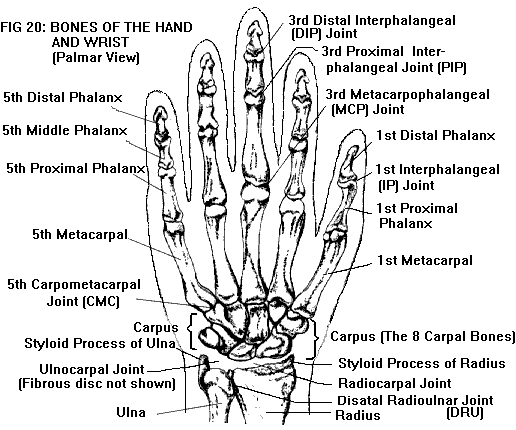Five digits in our right hand
 Let
denote the sum of all digits of
. Now, let
be the sum of all digits of
. Similarly, let
denote the sum of all digits of
. What is the sum of all digits of
?
Let
denote the sum of all digits of
. Now, let
be the sum of all digits of
. Similarly, let
denote the sum of all digits of
. What is the sum of all digits of
?
The answer is 1.
This section requires Javascript.
You are seeing this because something didn't load right. We suggest you, (a) try
refreshing the page, (b) enabling javascript if it is disabled on your browser and,
finally, (c)
loading the
non-javascript version of this page
. We're sorry about the hassle.
Let our answer be a .
Observe that, as 1 0 n ≡ 1 ( m o d 9 ) ,
7 7 7 7 7 7 7 7 ≡ x ≡ y ≡ z ≡ a ( m o d 9 ) .
Thus, the easiest part of the solution is, 7 7 7 7 ≡ ( 7 + 7 + 7 + 7 ) ≡ 1 ( m o d 9 )
⟹ 7 7 7 7 7 7 7 7 ≡ 1 ( m o d 9 ) .
The answer could be 1 , 1 0 , 1 9 , 2 8 , 3 7 , . . . To get the correct answer, we have to work out an inequality to frame a limit.
In this part, see that 7 7 7 7 7 7 7 7 < ( 1 0 5 ) 7 7 7 7 = 1 0 3 8 8 8 5 . Which implies, 7 7 7 7 7 7 7 7 does not have more than 3 8 8 8 6 digits.
Thus, x cannot have more than 9 × 3 8 8 8 6 = 3 4 9 9 7 4 . So, the highest possible y occurs when x = 2 9 9 9 9 9 .
And so, y ≤ 4 7 . Similarly, the highest possible z occurs when y = 3 9 . So, z ≤ 1 2 .
Consequently, k < 1 0 .
This proves that our answer is 1 .